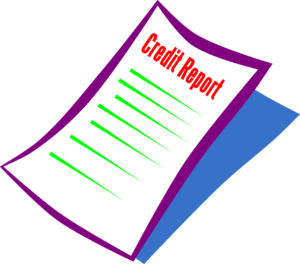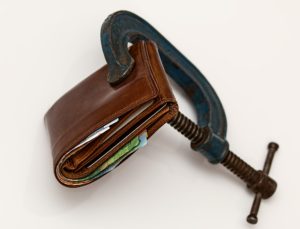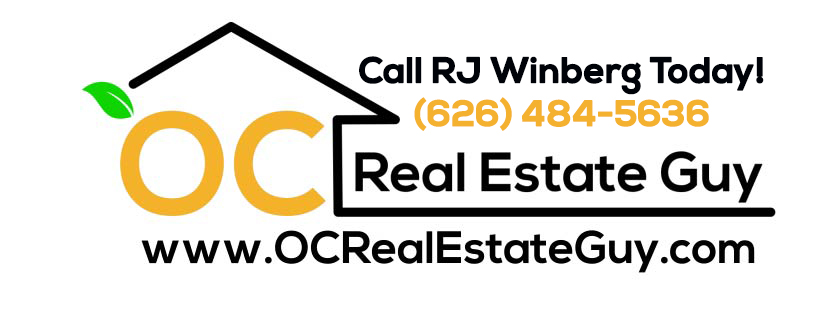What is an FHA Loan
![]() An FHA loan is simply a loan that is insured by the Federal Housing Administration (“FHA”). Basically, the FHA promises lenders that if they make loans to borrowers according to certain guidelines, then FHA will guarantee the loan. So, if the borrower defaults on the loan, FHA will reimburse the original lender and take over the loan.
An FHA loan is simply a loan that is insured by the Federal Housing Administration (“FHA”). Basically, the FHA promises lenders that if they make loans to borrowers according to certain guidelines, then FHA will guarantee the loan. So, if the borrower defaults on the loan, FHA will reimburse the original lender and take over the loan.
With this guarantee in place, lender’s are willing to be less stringent when analyzing a borrower’s credit, income, and down-payment. Because of this FHA loans allow more people the opportunity to buy a home.
What is a Conventional Loan
A conventional loan does not carry the FHA guarantee, meaning that lender’s must assume all the risk associated with a loan themselves. Because of this, conventional loans typically have more stringent requirements for credit, income, and down-payments. Lender’s have a much lower appetite for risk when, when their investment is not “guaranteed”.
Advantages of FHA Vs. Conventional
PRO #1 – Lower Down-Payment
FHA has a lower down-payment requirement at only 3.5%. Unless you are a veteran, FHA has the lowest down-payment around. There are additional programs that a buyer can use with FHA to get an even lower down-payment as well.
 This is one of the biggest advantages that FHA has over Conventional loans, and is one of the reasons it is so appealing to first-time home buyers. Conventional loans usually require at least 5% down, although buyers will often pay additional costs for any down-payment less than 20%. FHA, on the other hand, does not apply additional costs or fees for different down-payment amounts. The only requirement is that the down-payment must be 3.5% or higher.
This is one of the biggest advantages that FHA has over Conventional loans, and is one of the reasons it is so appealing to first-time home buyers. Conventional loans usually require at least 5% down, although buyers will often pay additional costs for any down-payment less than 20%. FHA, on the other hand, does not apply additional costs or fees for different down-payment amounts. The only requirement is that the down-payment must be 3.5% or higher.
O.P.M. (Other People’s Money)
Another big draw for FHA is that the down-payment can come from a gift. Conventional loans typically require that all of a borrower’s funds be their own money. But, FHA allows borrowers to use funds given by a friend or family member as a down-payment.
PRO #2 – Higher Debt Ratio
FHA has easier debt ratio requirements than Conventional. Simply put, a debt ratio is determined by taking all of a borrower’s monthly bills, including the proposed mortgage, and dividing it by their monthly income.
Conventional loans usually limit the debt ratio to 36%, but FHA will allow borrower’s to go all the way up to 43%, and even over 50% with lender justification.
This higher debt ratio allowance allows buyer’s who don’t make as much money to still qualify for and obtain financing.
PRO #3 – Easier Credit Requirements
 Credit Scores
Credit Scores
The minimum credit score required by FHA is 580, which is a pretty forgiving limit. Conventional lenders will often go as low as 620, however it’s not a pretty picture…
Interest Rates
In general, FHA loans offer lower interest rates than conventional. Additionally, conventional lenders apply “hits,” or additional costs to the borrower’s rate if the credit score is below 740. The lower the score, the higher the hit. While FHA loans will also include hits, they are quite a bit more forgiving. For example, a typical FHA borrower with a 660 credit score would get about the same interest rate as a conventional borrower with a 740 credit score.
PRO #4 – More Forgiving of Credit History
Do you have some past due accounts that are in collections? While these kinds of smudges on your credit might get you denied for a conventional loan, FHA can be much more forgiving. Just as an example, a conventional underwriter may require that a collections account be paid in full before a loan can be approved, while an FHA underwriter would only require that payments are currently being made on the account.
If you have had any kind of financial hardships such as a bankruptcy or short sale, FHA can be a great way to “restart.” Typically a borrower will be eligible for FHA financing once 2 years have passed since such hardships.
Disadvantages of FHA Vs. Conventional
CON #1 – Private Mortgage Insurance (P.M.I.)
One of the big drawbacks to FHA is the way that private mortgage insurance is structured. There are 2 premiums that must be paid: the Upfront Mortgage Insurance Premium, and the Annual Mortgage Insurance Premium, which is paid monthly.
The upfront premium is 1.75% of the loan amount and is added to the balance of the loan. the annual premium varies depending on the down-payment amount, but at 3.5% down it would be .85% of the loan amount divided by 12 to get the monthly payment (about .071%).
Conventional loans do not charge PMI if the down-payment is at least 20%. However, even if a borrower puts up a smaller down-payment and must pay PMI, they can eventually drop the PMI altogether once they have accrued 20% equity in the home.
FHA on the other hand does not have this option. Borrowers must pay the annual PMI for the life of the loan, regardless of increases in equity.
CON #2 – Higher Costs for Perfect Borrowers
 If you have a 20% saved for a down-payment and a credit score of 740 or higher you are a prime candidate for a conventional loan rather than FHA.
If you have a 20% saved for a down-payment and a credit score of 740 or higher you are a prime candidate for a conventional loan rather than FHA.
While you may see lower interest rates on FHA loans, those savings will likely be wiped out by the PMI premiums on FHA, especially if you are putting enough down to avoid PMI altogether on a conventional loan. Even if you your down-payment is less than 20%, the cost of PMI on conventional loans is not fixed. So your PMI premium will vary depending on your down-payment and credit score.
Ultimately, if you are a highly qualified borrower, you will most likely save money in the long run, or even the short term, by choosing a conventional loan over FHA.
In Conclusion
Both FHA loans and conventional have their pros & cons. FHA loans are the clear choice for buyers with less-than-perfect credit, income challenges, and limited funds for a down-payment.
Well qualified borrowers with high credit scores, low debt ratios, and larger cash reserves for down-payments will most likely realize more benefits with conventional financing rather than FHA.

Pingback: What is the Federal Housing Administration – OC Real Estate Guy
Pingback: Home Value - How Comporable Sales Determine Your Home's Worth
Pingback: How a Lease with an Option to Purchase Works - OC Real Estate Guy